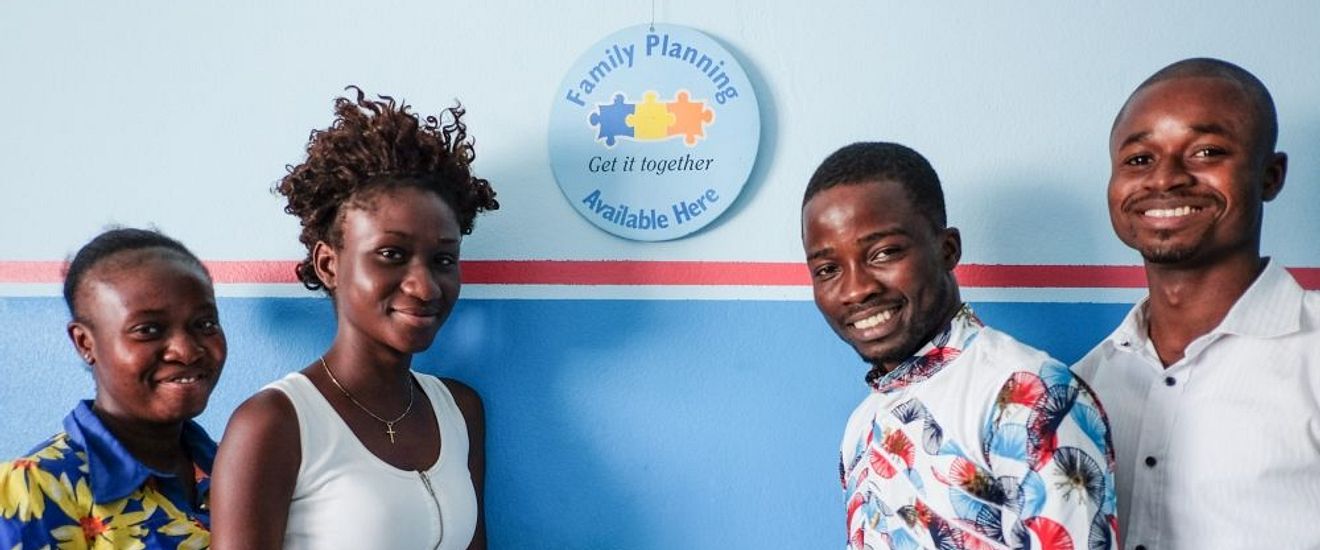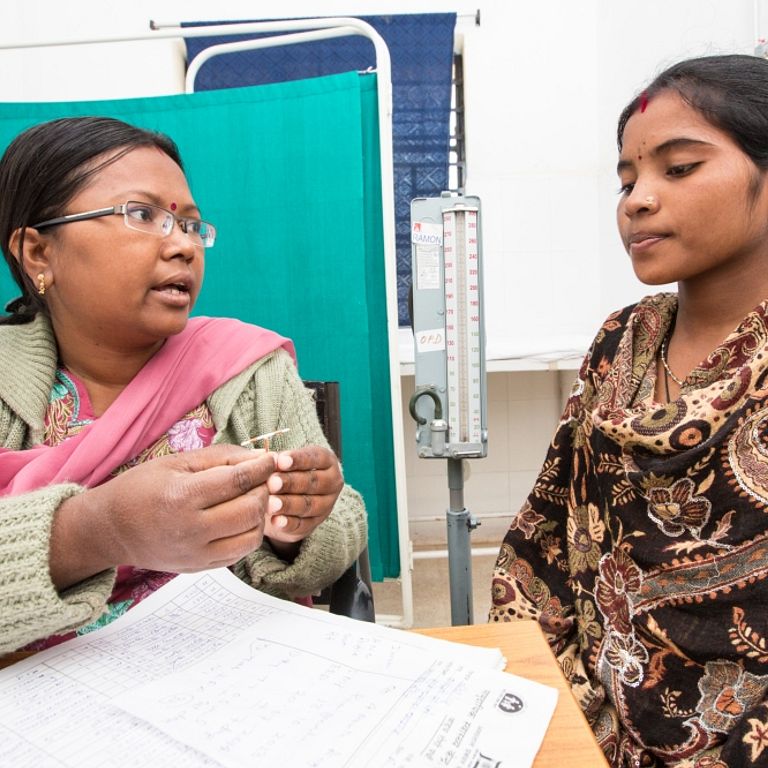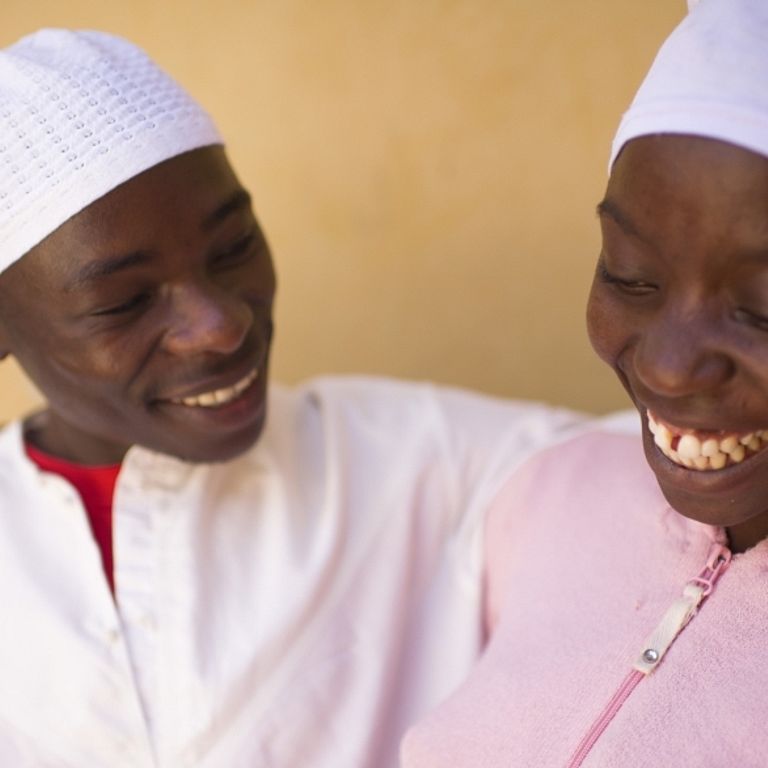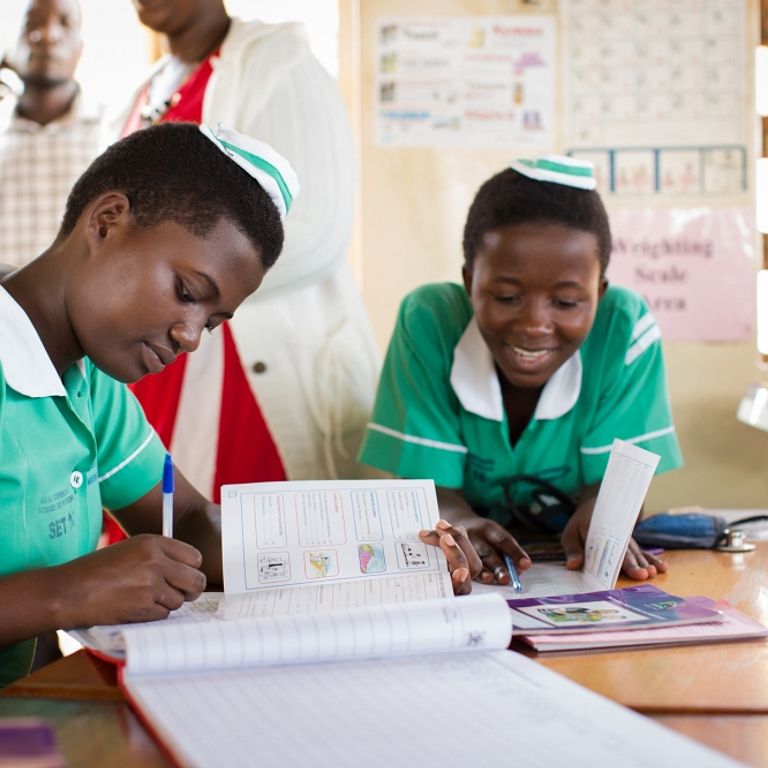Building Local Capacity for Permanent Method Service Delivery in Côte d’Ivoire

There is a critical gap in family planning (FP) services, particularly permanent methods (PMs), in part due to a shortage of trained healthcare providers—according to the World Bank as of 2014 there were 0.23 physicians per 1,000 people in Côte d’Ivoire.
This program aimed to ensure all Ivorians can exercise full, free, and informed sexual and reproductive health (SRH) choices by expanding the range of contraceptive methods available, including long-acting reversible contraceptives (LARCs) and PMs. In collaboration with the Ministry of Health and other international and national organizations, EngenderHealth adapted PM training materials and trained a pool of master trainers on LARCs and PMs.

In response to this challenge, EngenderHealth trained a pool of master trainers, including obstetrician-gynecologists, surgeons, surgeons assistants, anesthesiologist, nurses, and midwives in PM, across four sites in Côte d’Ivoire. This included 13 master trainers for mini-laparoscopic tubal ligations and 12 master trainers for no-scalpel vasectomies. In addition to conducting trainings, we ensured the availability of updated training aids, equiped facilities to conduct sterilizations, and developed plans to expand LARC and PM services. Further, we strengthened the capacity of government and nongovernmental service providers to offer comprehensive, gender-sensitive FP counseling and to deliver safe, high-quality, and voluntary contraceptive methods.
With EngenderHealth’s support, from July 2020 to February 2021, more than 13,200 people received information about contraceptive methods through community engagement activities and in health facilities. In addition, over 8,400 clients received voluntary contraceptive services, of whom more than 1,800 were youth (ages 10 to 24) and 320 of those clients chose LARCs.


